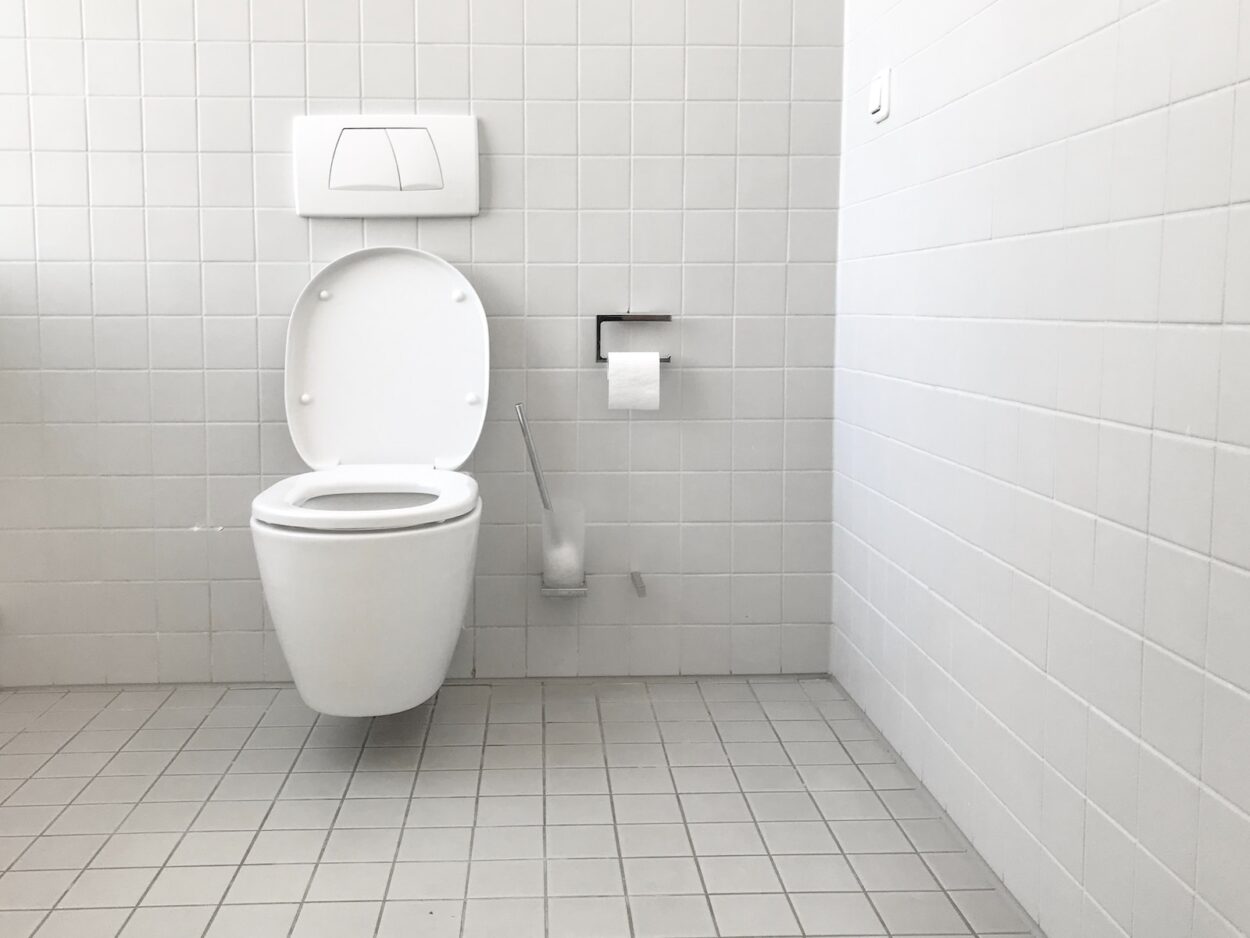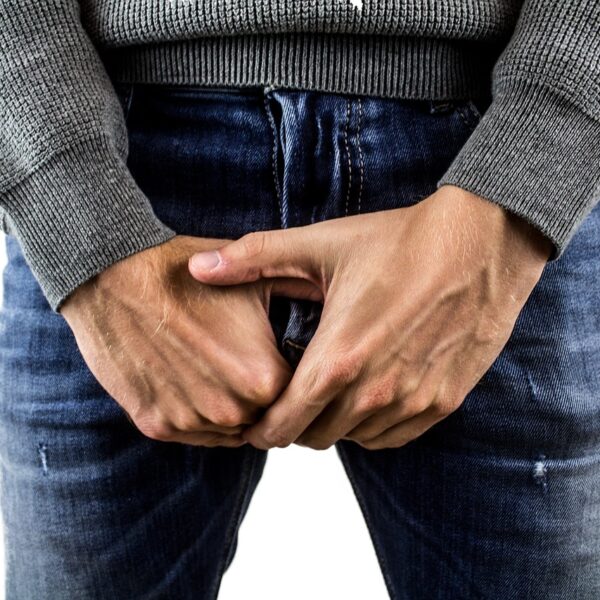Men who experience a sperm-like fluid while passing stools are likely to feel worried and embarrassed about it. However, it is important to know that this symptom is quite normal and harmless.
A variety of reasons can cause semen to leak out during bowel movements. These include constipation, which puts pressure on the prostate gland and causes semen to leak out.
Causes
Sperm leakage during bowel movements can cause embarrassment, anxiety, and fear of sexually transmitted infections or infertility. However, it is a normal and harmless occurrence for most men. This happens when the prostate gland, which is located between the bladder and the penis, produces more seminal fluid than usual. It may also be caused by sexual activity, such as masturbation or sex. Other causes include medication, such as antidepressants, mood stabilizers, and hormone treatments. In addition, physical health conditions that affect the nerves of the genital area such as stroke, multiple sclerosis, and diabetes can cause changes in ejaculation and sperm leakage.
Retrograde ejaculation is another common cause of sperm leakage. This happens when a valve at the base of the bladder closes too late, and allows semen to pass back into the bladder instead of out through the urethra during ejaculation. This condition is often accompanied by blood in the semen, and can cause pain or burning sensations.
Hormonal imbalances can also lead to sperm leakage during bowel movements. High levels of testosterone, the male sex hormone, can stimulate the prostate gland to produce more seminal fluid, which can increase the chances of leaking semen during bowel movements. Other factors that can contribute to sperm leakage during bowel movement include excessive masturbation, alcohol use, and a sedentary lifestyle.
Symptoms
Sperm leakage during bowel movements is called semen leakage and can be caused by many factors. It is a common problem that affects males of all ages. Semen is made up of sperm cells and seminal fluid produced by the prostate gland. It is normally ejaculated during sexual activity or after urination. However, if a man experiences frequent or excessive semen leakage, it may indicate an underlying condition like prostatitis. Other symptoms of this condition include a painful bowel movement or an infection in the penis.
The most common cause of sperm leakage is excessive masturbation and sexual activity. This causes the prostate gland to produce more seminal fluid which can then leak out of the penis during bowel movements, sexual intercourse or when coughing or sneezing. Other causes include hormone imbalances, medication or health conditions that affect the nerves like stoke or multiple sclerosis.
A diet rich in fiber and drinking plenty of water can help prevent sperm leakage during bowel movements. Dehydration can lead to hard and difficult-to-pass stools that put pressure on the pelvic floor muscles and the prostate gland. Consuming foods that can cause bladder irritation such as spicy food and alcohol should be avoided as these can contribute to sperm leakage. Taking herbal supplements like No Fall and Maha Rasayan can also help to prevent sperm leakage during bowel movement by improving prostate gland health naturally and shrinking the enlarged gland back to its normal size.
Treatment
Usually, sperm leakage during stool does not need medical treatment. However, if it happens often or is accompanied by pain and discomfort, it is best to consult a doctor. They can help determine the underlying cause and offer suitable treatments. Treatments for sperm leakage during stool can include medications to reduce inflammation or infection, and surgery to repair any damage to the pelvic floor muscles.
In some cases, sperm leakage during stool may be caused by a prostate condition known as congestion or enlarged prostate gland. This is a common problem for older men, but it can also happen to young people. The symptoms of enlarged prostate gland can be similar to those of a prostate cancer, so it is important to see a doctor if you suspect you have this condition.
Other causes of sperm leakage during stool can include frequent hand practice, excessive copulation or arousal without ejaculation. These habits can build up fluids around the prostate and the urethra, which is pushed out during bowel movements. It can also occur due to retrograde ejaculation, where semen goes into the bladder instead of out of the penis. There are herbal supplements that can improve prostate health and prevent sperm leakage during stool and urination. These herbs will strengthen the muscles, nerves and remove blockages in the canals that hinder ejaculation. They can also boost testosterone levels and increase libido.
Prevention
While it is normal to discharge a small amount of sperm-like fluid when you are pooping, it is not a good idea to have regular bowel movements like this. If you have this issue, you should see a doctor to determine the cause and receive treatment. If you are experiencing severe symptoms, you may need medication or surgery to repair damaged pelvic floor muscles.
Semen leakage during bowel movement occurs when the prostate gland produces more seminal fluid than the testicles can handle. The increased pressure causes the prostate to leak sperm during bowel movements and sexual activity. This condition is known as spermatorrhea and can be caused by a variety of factors, including excessive masturbation, hormonal imbalances, and infections.
It is important to strengthen the pelvic floor muscles in order to prevent sperm leakage during bowel movements and sexual activities. These muscles support the bowel, bladder, and reproductive organs. If they are weak, it can lead to leaking sperm during bowel movements and even while sneezing or coughing.
In addition to avoiding sexual activity and frequent masturbation, you should also reduce your alcohol intake and smoking habits. These substances can cause a host of health problems, including weakened pelvic muscles and prostate glands. In addition, you should drink plenty of water and avoid foods that increase your risk for bladder irritation such as citrus fruits, coffee, and tea.




Leave a Comment